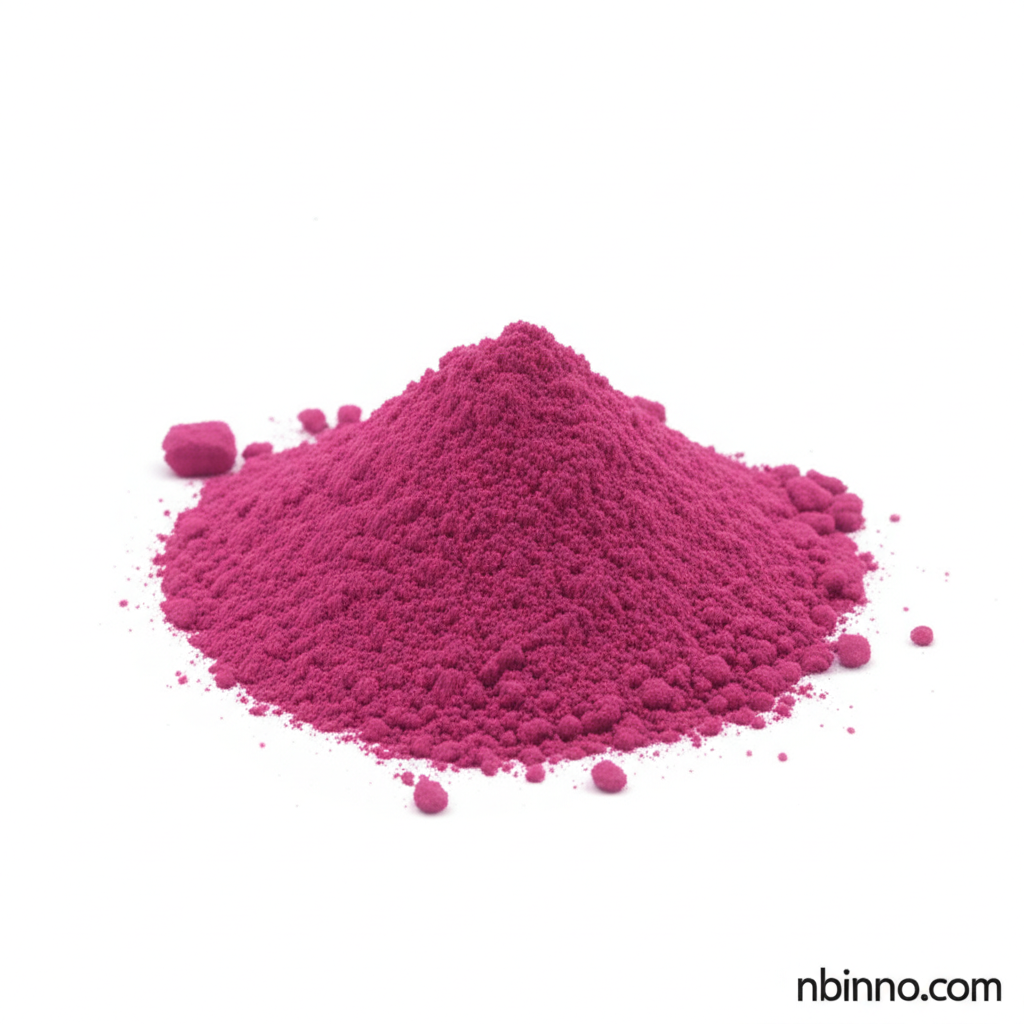Ammonium Hexachlororhodate(III): Properties, Applications, and Industrial Significance
Discover the essential details of a vital rhodium compound for catalysis and advanced material applications.
Get a Quote & SampleProduct Core Value

Ammonium Hexachlororhodate(III)
Ammonium Hexachlororhodate(III) is a crucial rhodium compound with diverse industrial and research applications. Its stable structure and significant rhodium content make it an indispensable material in various advanced fields, from catalysis to electronics.
- Explore the critical role of ammonium hexachlororhodate(iii) properties in various chemical reactions, particularly in catalysis.
- Understand the diverse ammonium hexachlororhodate(iii) applications, from organic synthesis to advanced electronics manufacturing.
- Learn about the industrial applications of rhodium salts and their importance in modern chemical processes.
- Discover how cas 15336-18-2 is utilized as a key precursor for the synthesis of rhodium catalysts and other specialized materials.
Key Advantages
Catalytic Precursor
Serves as a highly effective precursor for the synthesis of various rhodium-based catalysts, essential for processes like hydrogenation and hydroformylation, supporting the synthesis of rhodium catalysts.
Material Science Utility
Its unique rhodium content makes it a valuable starting material for producing advanced materials and novel coordination compounds, vital for material science research and development.
Chemical Research Intermediate
Widely employed in laboratory settings to study the reactivity and properties of rhodium-based compounds, aiding in the advancement of chemical research.
Key Applications
Catalysis
Acts as a precursor in synthesizing rhodium-based catalysts, crucial for hydrogenation, hydroformylation, and other vital chemical reactions. This makes it central to the synthesis of rhodium catalysts.
Electronics & Optoelectronics
Utilized in the manufacturing of advanced materials for electronic components due to the unique properties of rhodium, supporting the use of cas 15336-18-2.
Material Science
Serves as a primary starting material for producing other rhodium complexes or nanomaterials, contributing significantly to material science innovation.
Chemical Research
Employed in laboratory settings to study rhodium-based compounds and their reactivity, furthering our understanding of precious metal chemistry.
